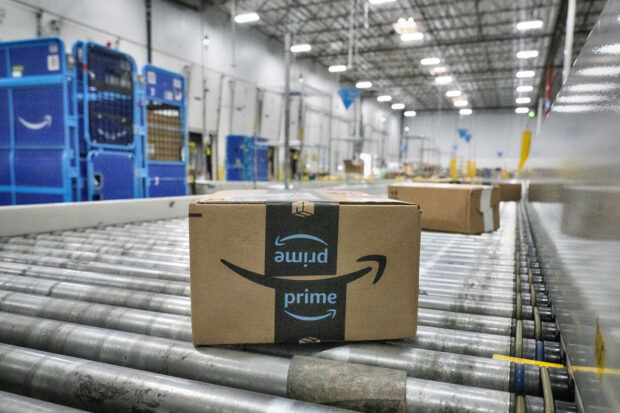Amazon is responsible under federal safety law for hazardous products sold on its platform by third-party sellers and shipped by the company, a U.S. government agency ordered Tuesday.
In a unanimous vote, the Consumer Product Safety Commission said it determined that the e-commerce company was a “distributor” of faulty items sold on its site and packed and shipped through its fulfillment service.
That means the company is on the hook, legally, for the recalls of more than 400,000 products, including hairdryers and defective carbon monoxide detectors, the agency said. It ordered Amazon to come up with a system for notifying customers who purchased faulty items and to remove the products from circulation by offering incentives for their return or destruction.
Amazon said it planned to appeal the decision in court.
Overall, Amazon accounts for roughly 40 percent of e-commerce sales in the U.S., according to the market research firm Emarketer. The company sells many items directly to consumers and also partners with nearly 2 million third-party sellers, who drive the majority of the sales on the platform.
The online retailer has fought the “distributor” label since 2021, when it was sued by the Consumer Product Safety Commission for allegedly distributing hazardous items.
When Amazon was notified about the deficient products three years ago, the company “swiftly” notified customers, told them to stop using the items and issued refunds, Amazon spokesperson Tim Doyle said.
But the agency said the company “did not take adequate steps to encourage” customers to return or destroy the products, leaving them at risk of injury. In the messages it sent, the company claimed the faulty products had “potential” safety issues and provided customers with Amazon.com credits rather than refunds, the agency said.
Amazon had argued before an administrative law judge and the five-person commission that it shouldn’t be classified as a distributor under the Consumer Product Safety Act. The commission said the judge rejected the company’s argument, and Tuesday’s order was an affirmation of that decision.





















 Preparing for an AI Native Future
Preparing for an AI Native Future  Allianz Built an AI Agent to Train Claims Professionals in Virtual Reality
Allianz Built an AI Agent to Train Claims Professionals in Virtual Reality  How Americans Are Using AI at Work: Gallup Poll
How Americans Are Using AI at Work: Gallup Poll  Winter Storm Fern to Cost $4B to $6.7B in Insured Losses: KCC, Verisk
Winter Storm Fern to Cost $4B to $6.7B in Insured Losses: KCC, Verisk 




